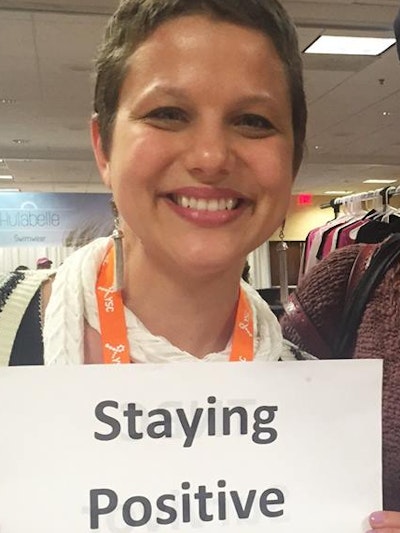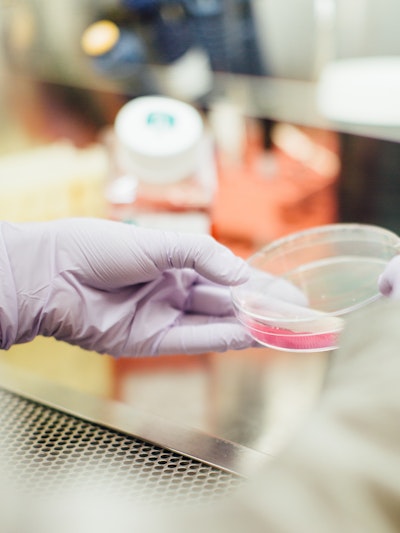Welcome to the 2024 San Antonio Breast Cancer Symposium (SABCS)!
TOUCH, The Black Breast Cancer Alliance unofficially kicked off SABCS with their Navigating the Black Breast Cancer Experience event on Monday. Two panels discussed the role of navigation in Black Breast Cancer from the provider perspective as well as the patient perspective. TOUCH launched their TOUCH Care program in 2023 to facilitate the clinical trial process for Black women by providing a nurse navigator service to assist and support Black women in select clinical trials. Based on the ongoing success of that program, TOUCH and Unite For HER partnered this October to launch Care for HER with a mission to improve the lives of Black Breast Cancer patients by providing 24/7 personal nurse navigational support and integrative therapies and services directly to patients at no personal cost. Black breast cancer patients can apply for Care for HER here.
We’ve also heard from you, the TNBC community, about what SABCS news you care about most, including updates on:
the TNBC vaccine
Signatera
results from ongoing clinical trials, like the ZEST study
In the coming days, we will make sure to update you on any and all information about these topics and everything TNBC!
Follow @tnbcfoundation, @touchbca, and @cancerfashionista to learn more about research announcements during the week and throughout the coming year. And stay tuned for more updates on TNBC-specific research from SABCS!





